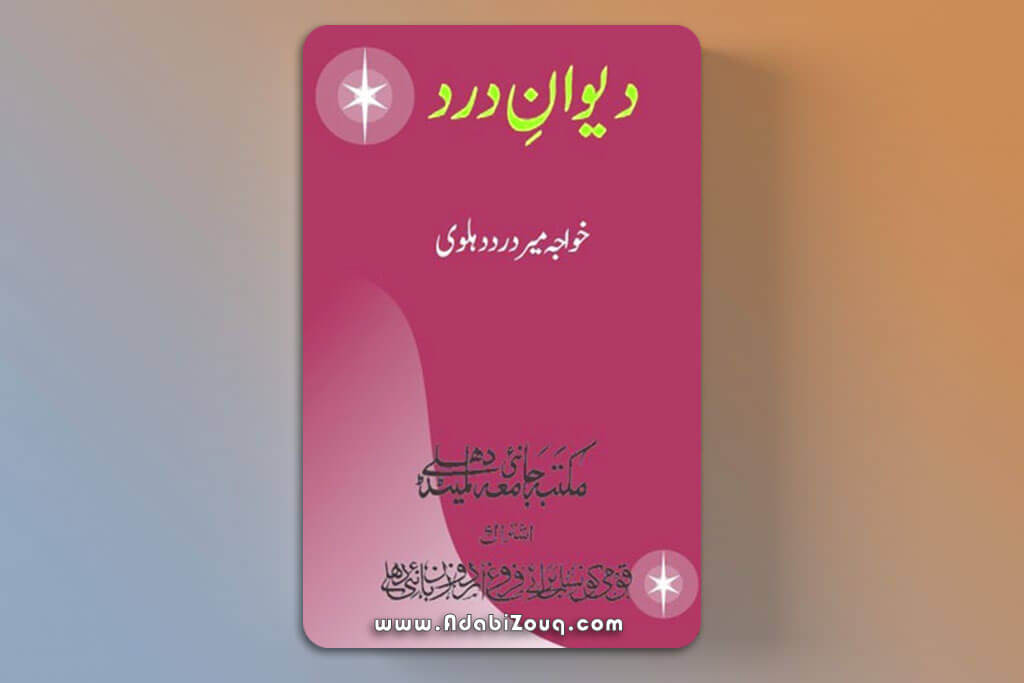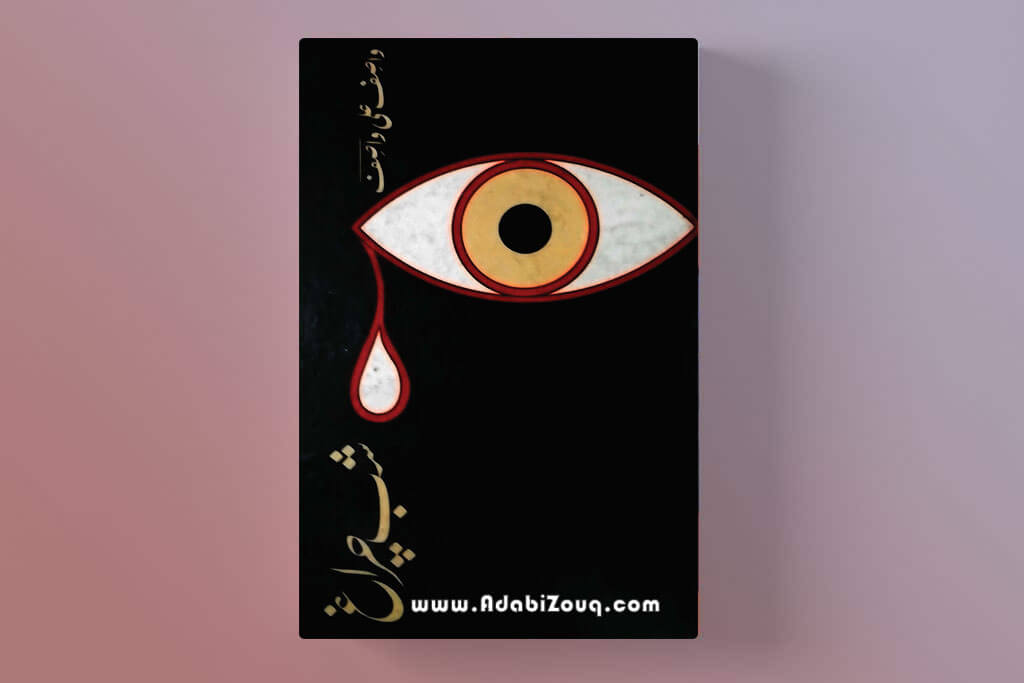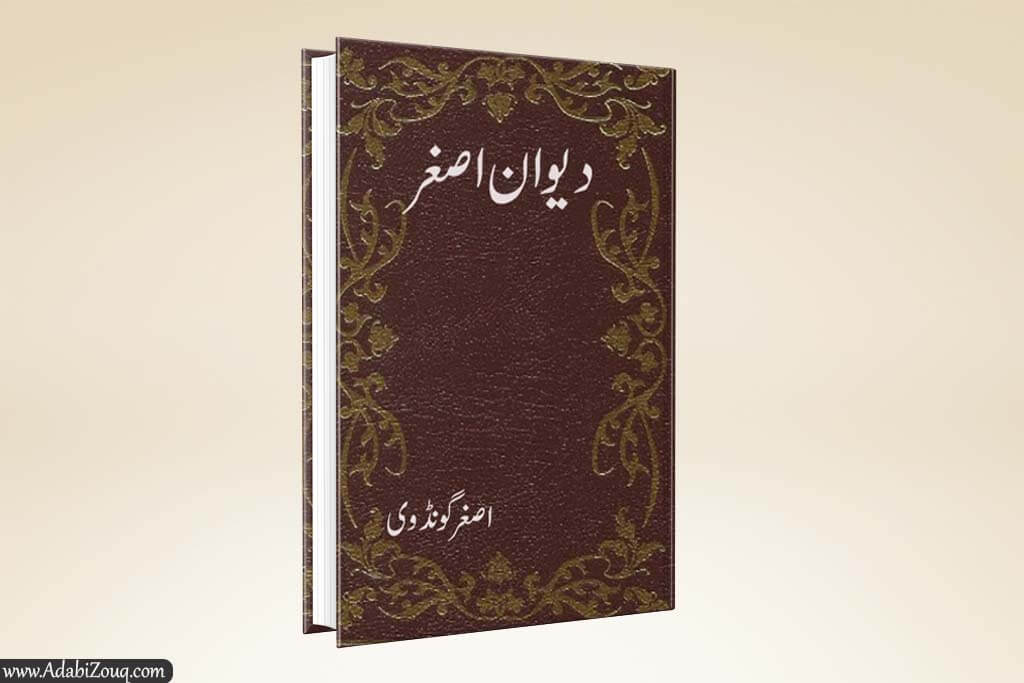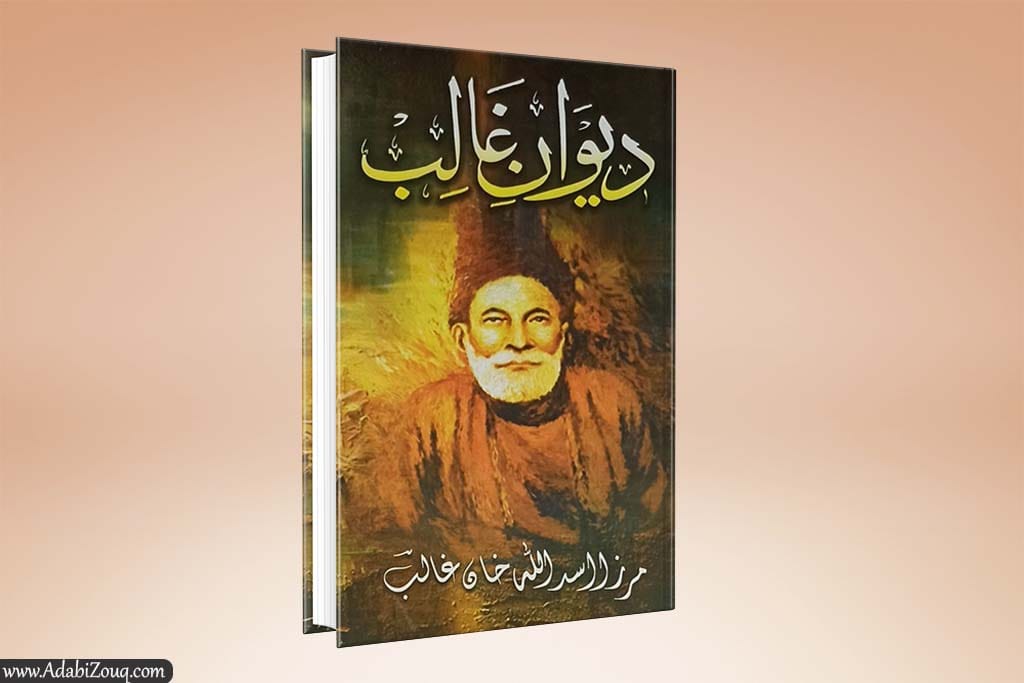Masnavi Gulzar E Naseem By Pandit Daya Shankar Naseem
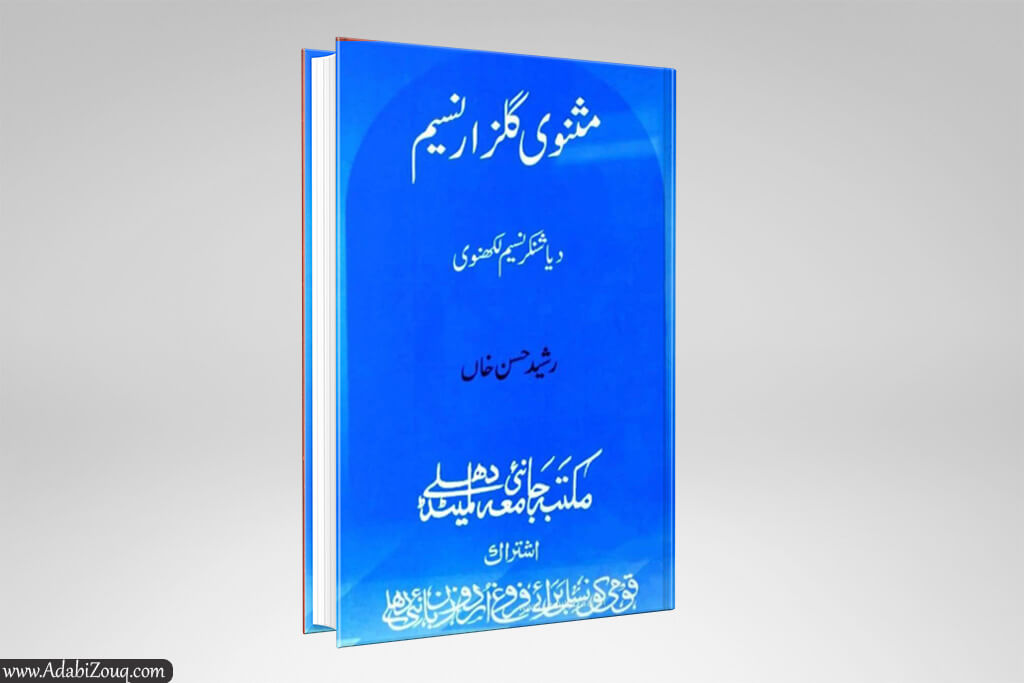
Masnavi Gulzar e Naseem (مثنوی گلزار نسیم) is written by Daya Shankar Naseem. In Urdu, it is called Masnavi. It contains a long poem. The Masnavi book can be access for free. The original author is Diya Shankar Naseem. Rashid Hassan Khan, however, has rewritten it in Urdu.
Pandit Diya Shankar Naseem‘s Masnavi Gulzar Naseem is one of the few Urdu Masnavi(اردو مثنوی ). Who has obtained the certificate of general acceptance? The story of this Masnavi is known as Qissa Gul Bakawli. The writer has not created a new story but has arranged the old story in Urdu.
Masnavi “Gulzar e Naseem” is a love poem written by Pandit Diya Shankar Naseem and is also known as “Qissa Gul Bakauli”. Masnavi(مثنوی) Qissa Gul Bakauli was originally written in Persian in 1722 by Izzatullah Bengali. Pandit Daya Shankar Naseem presented this story a third time in 1839 as Masnavi “Gulzar Naseem” presented it as an Urdu poem. This Masnavi was first compiled by Rashid Hassan Khan.
Read Diwan: Diwan e ghalib
Masnavi Gulzar e Naseem is an important work of Dabbistan Lucknow and it is often compared with Mir Hassan’s Masnavi “Sahar Al Bayan”(سحر البیان). Hali has lamented that Masnavi, a very useful genre, has not received much attention in Urdu. With Sahar Al Bayan and Gulzar Naseem, this shortcoming has been met to some extent.
Final Thought About Masnavi Gulzar E Naseem
In conclusion, Masnavi Gulzar e Naseem stands as a seminal work in the tradition of Urdu masnavi poetry. Originally composed in Persian by Izzatullah Bengali in the 18th century, the tale of passion and tragedy was masterfully adapted into Urdu verse by Pandit Daya Shankar Naseem in 1839.
Naseem’s poetic retelling, arranged and compiled by Rashid Hassan Khan, breathes new life into the tragic love story of Prince Gulfam and Gul Bakauli. Written in rhyming couplets, the masnavi showcases the richness of the Urdu language in recounting this emotional tale.
Along with Mir Hassan’s Saher ul Bayaan, Gulzar e Naseem helped elevate the art of Urdu masnavi during the era of the Dabistan-e-Lucknow. Its poetic eloquence and gripping narrative leaves a lasting impact on readers. Nearly two centuries later, Naseem’s heartrending take on this classic Persian romance continues to captivate audiences in South Asia and beyond.
Masnavi Gulzar e Naseem remains an artistic triumph that exemplifies the expressive power of Urdu poetry. This immortal version of the Gul Bakauli tragedy stands as an enduring contribution to the rich canon of Urdu masnavis.

